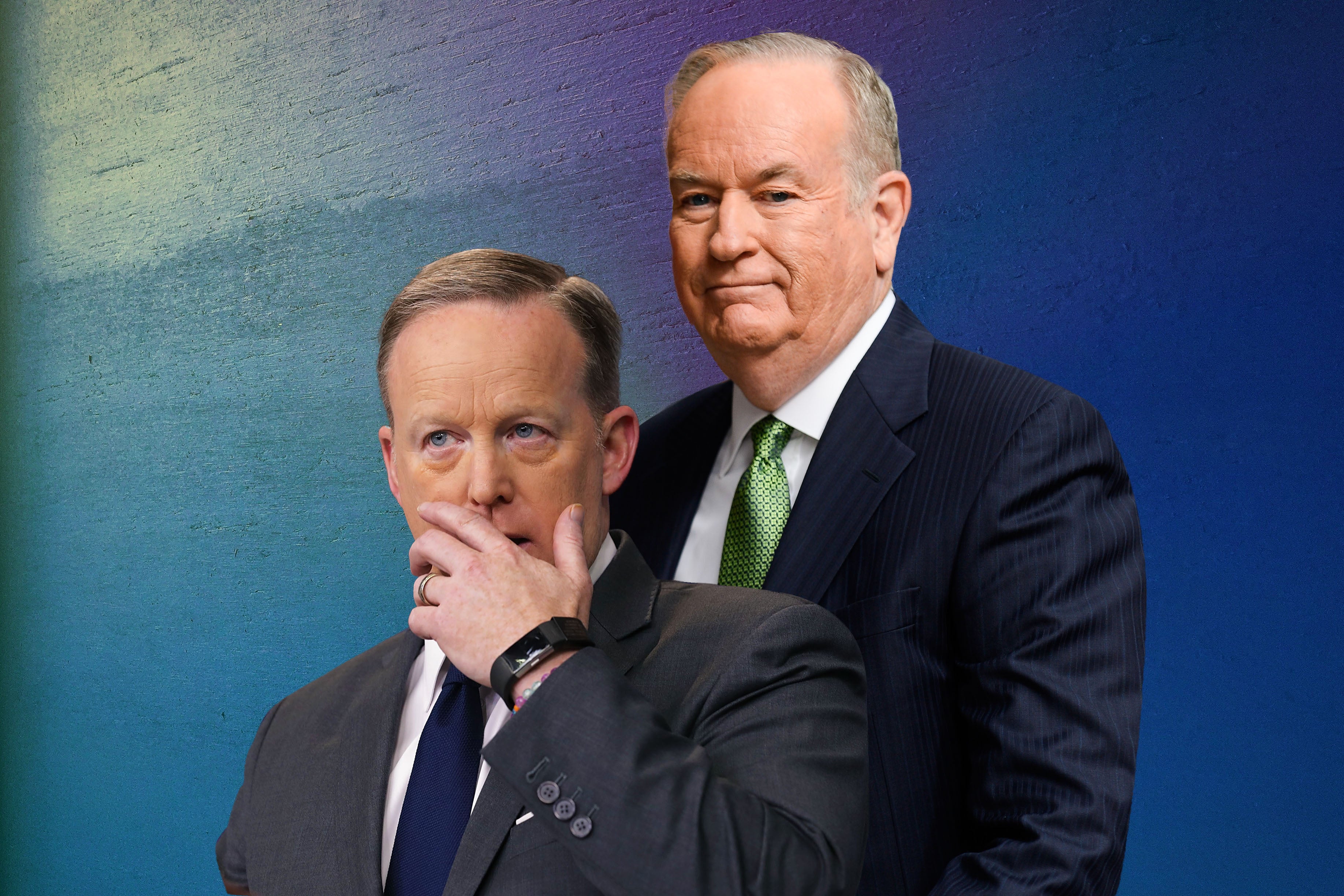
I’m familiar with white men like Sean Spicer and Bill O’Reilly.
For the last seven years, I’ve worked as a writer in many places — from marketing agencies to popular digital magazines and publishing companies — and I have seen it all. Navigating the workplace as a writer has been a roller coaster made more turbulent by insufficient rates, layoffs, freelance challenges and contentious environments.
But Black women often deal with a separate and more ominous layer of challenges that their white cohorts do not — the micro aggressions and discrimination that comes with being “other.”
This week, we saw two separate, yet connected media moments that reminded Black women across the country of our shared experiences in the workplace. The first occurred when Press Secretary Sean Spicer reprimanded journalist April D. Ryan for shaking her head at his incredulous response to her valid question. This is the second time Ryan has had a testy exchange in the press briefing room. It was just last month when President Trump asked Ryan to set up a meeting with the Congressional Black Caucus. He spoke to her as if she were his secretary at Trump Tower.
On the other side of media, Fox News personality Bill O’Reilly made a comment about Rep. Maxine Waters’ appearance, specifically the way the esteemed Congresswoman wears her hair. The comment was racist, sexist, transphobic and extremely misogynistic.
While we’ve come to expect those types of statements from O’Reilly, it was yet another incident of white men in the workplace making rude, inappropriate and unprofessional comments about Black women without facing any sorts of penance (O’Reilly insincerely apologized for his comments after the backlash).
Subscribe to our daily newsletter for the latest in hair, beauty, style and celebrity news.
If the brazen disrespect seems shocking to you, then I would say you’re lucky. But to those of us who have worked in corporate spaces, we aren’t surprised.
In fact, it is behavior that we’ve seen and faced since we all began working in our respective fields. The fact that Ryan and Waters both have over 20 years of experience was of no importance in spaces where white men don’t see them as equals. Both their race and gender reduced them in the eyes of these men.
We often find ourselves as the only Black women or even the only Black person in many of these spaces. We find ourselves having to walk a fine line of between being assertive, yet approachable. We are under a microscope where everything from our body language, to our voices and even our hair is watched, monitored, dissected and used as fodder for our white coworkers to receive as some sort of veiled threat.
In addition to the usual micro aggressions of snide comments and an inherent managerial complex (How many times have you been asked to make copies or get water for a meeting?) there’s a sense of superiority that many white men seem to possess in a workplace, no matter how unexperienced or unqualified they are. It’s a shared and legitimate experience that many women of color go through, as seen in the viral hashtag #BlackWomenAtWork, repurposed and made popular by activist Brittany Packnett.
We are not alone. We are not imagining this disrespect.
This behavior is a result of white supremacy and the dismantling of that is going to take serious work. But in the meantime, Black women will continue to do the work and demand the right to live free. Free in our homes, in the world and especially in the workplace.
